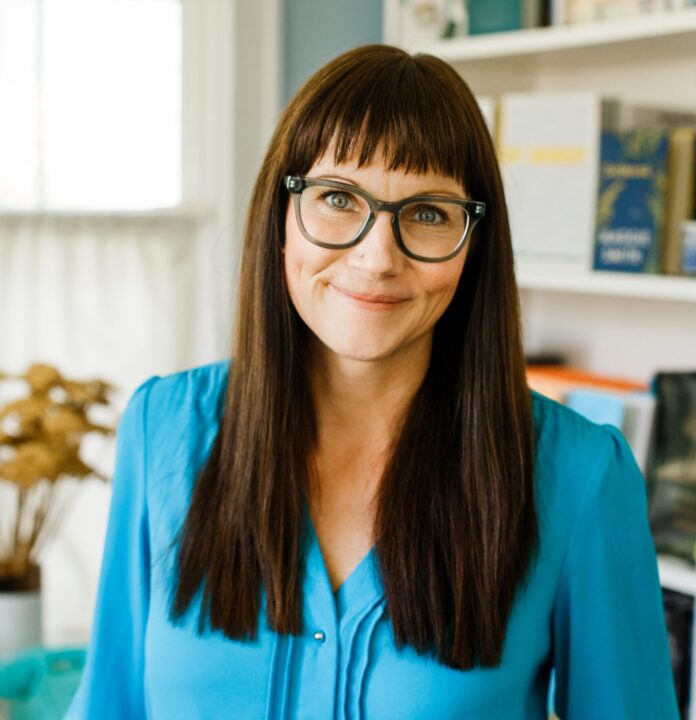Although this event has passed, you can still purchase a ticket to buy a streaming pass through Thursday, March 6, 2025 at 7:30 PM (PT).
Maggie Smith is the author of the instant bestseller You Could Make This Place Beautiful, a bittersweet recollection of the disintegration of her marriage and her renewed commitment to herself, as well as stunning collections of poetry such as Good Bones, and essays like the ones in Keep Moving: Notes on Loss, Creativity, and Change.
Maggie Smith’s memoir, You Could Make This Place Beautiful, begins with one woman’s personal heartbreak, but its circles widen into a reckoning with contemporary womanhood, traditional gender roles, and the power dynamics that persist even in many progressive homes. With the spirit of self-inquiry and empathy she’s known for, Smith interweaves snapshots of a life with meditations on secrets, anger, forgiveness, and narrative itself. The power of these pieces is cumulative: page after page, they build into a larger interrogation of family, work, and patriarchy.
You Could Make This Place Beautiful, like the work of Deborah Levy, Rachel Cusk, and Gina Frangello, is an unflinching look at what it means to live and write our own lives. It is a story about a mother’s fierce and constant love for her children, and a woman’s love and regard for herself. Above all, this memoir is “extraordinary” (Ann Patchett) in the way that it reveals how, in the aftermath of loss, we can discover our power and make something new and beautiful.
Maggie Smith is the author of six award-winning books: You Could Make This Place Beautiful, Lamp of the Body, The Well Speaks of Its Own Poison, and Good Bones, named by the Washington Post as one of the Five Best Poetry Books of 2017, Keep Moving, and Goldenrod. The title poem of Good Bones was called the “Official Poem of 2016” by Public Radio International and has been translated into nearly a dozen languages.
Smith’s poems have appeared in the New York Times, Tin House, The Believer, The Paris Review, Kenyon Review, Best American Poetry, and on the CBS primetime drama Madam Secretary. A Pushcart Prize winner, Smith has received fellowships and awards from the National Endowment for the Arts, the Academy of American Poets, the Ohio Arts Council, and the Sustainable Arts Foundation.


